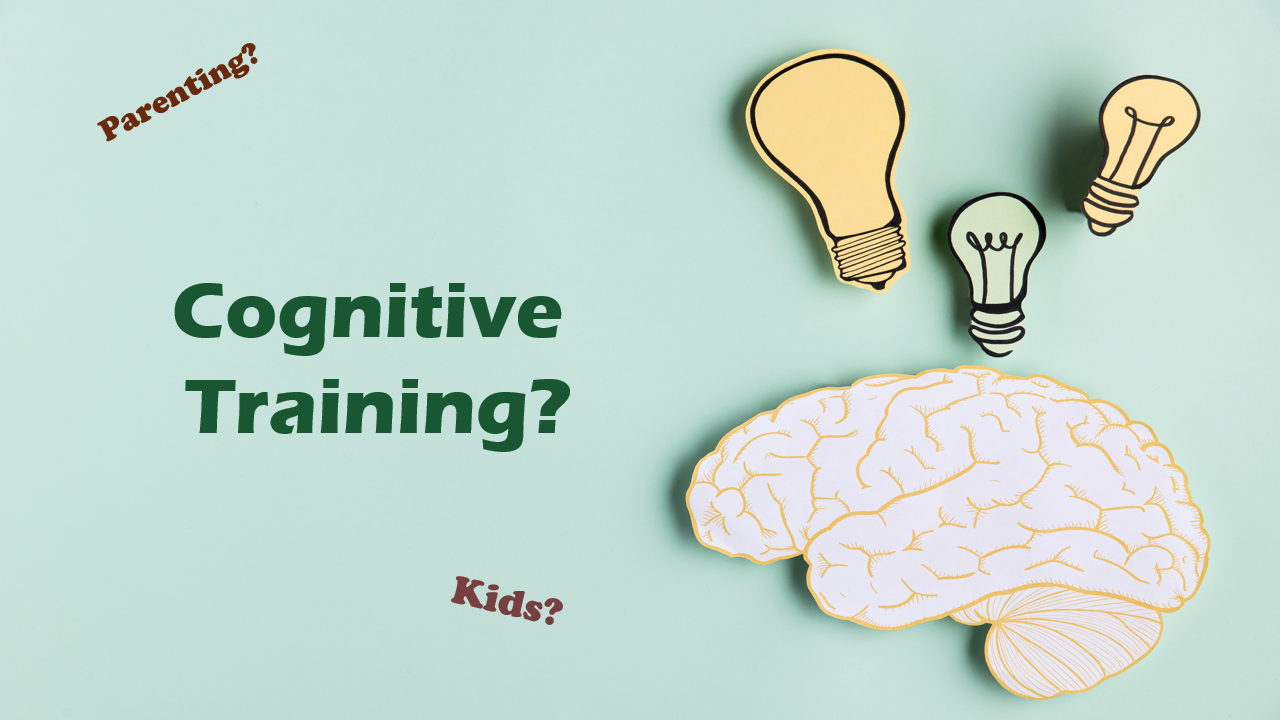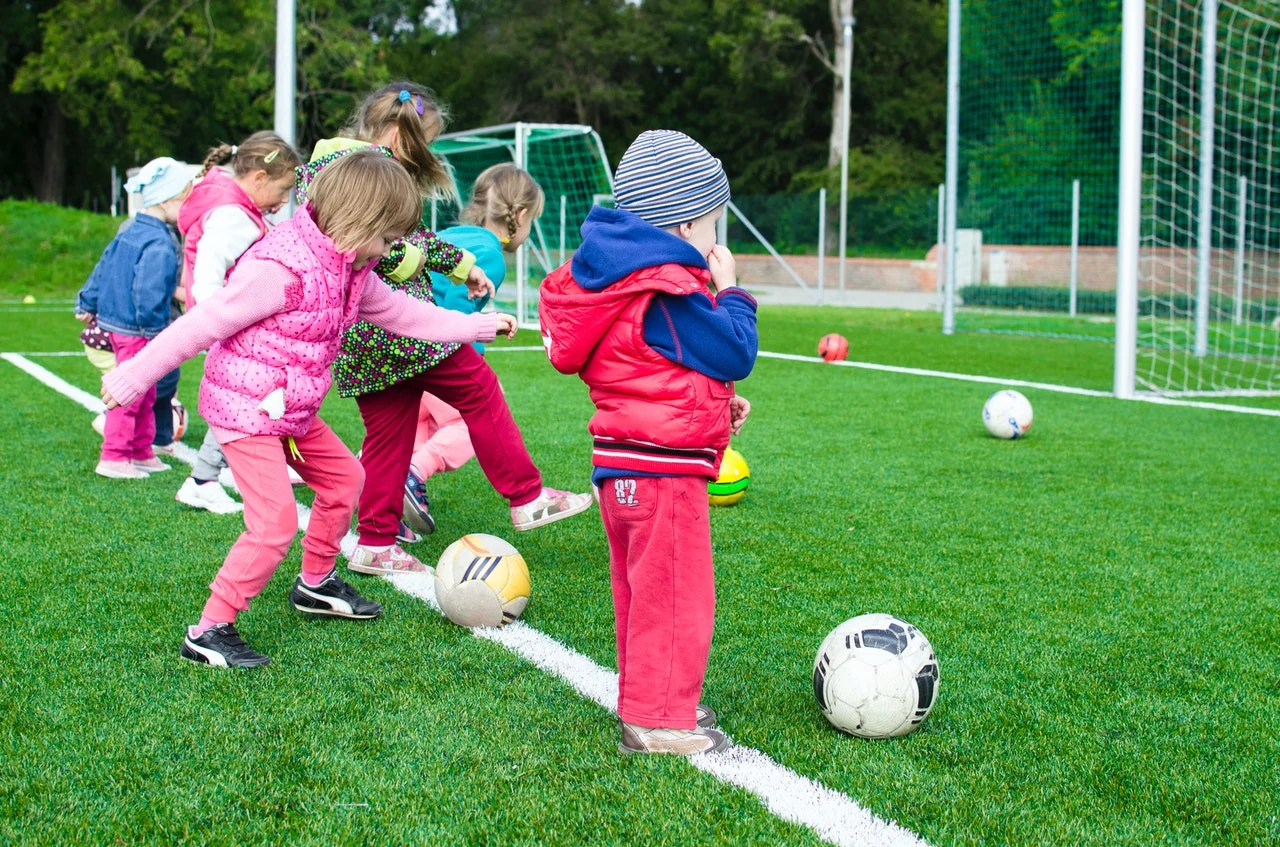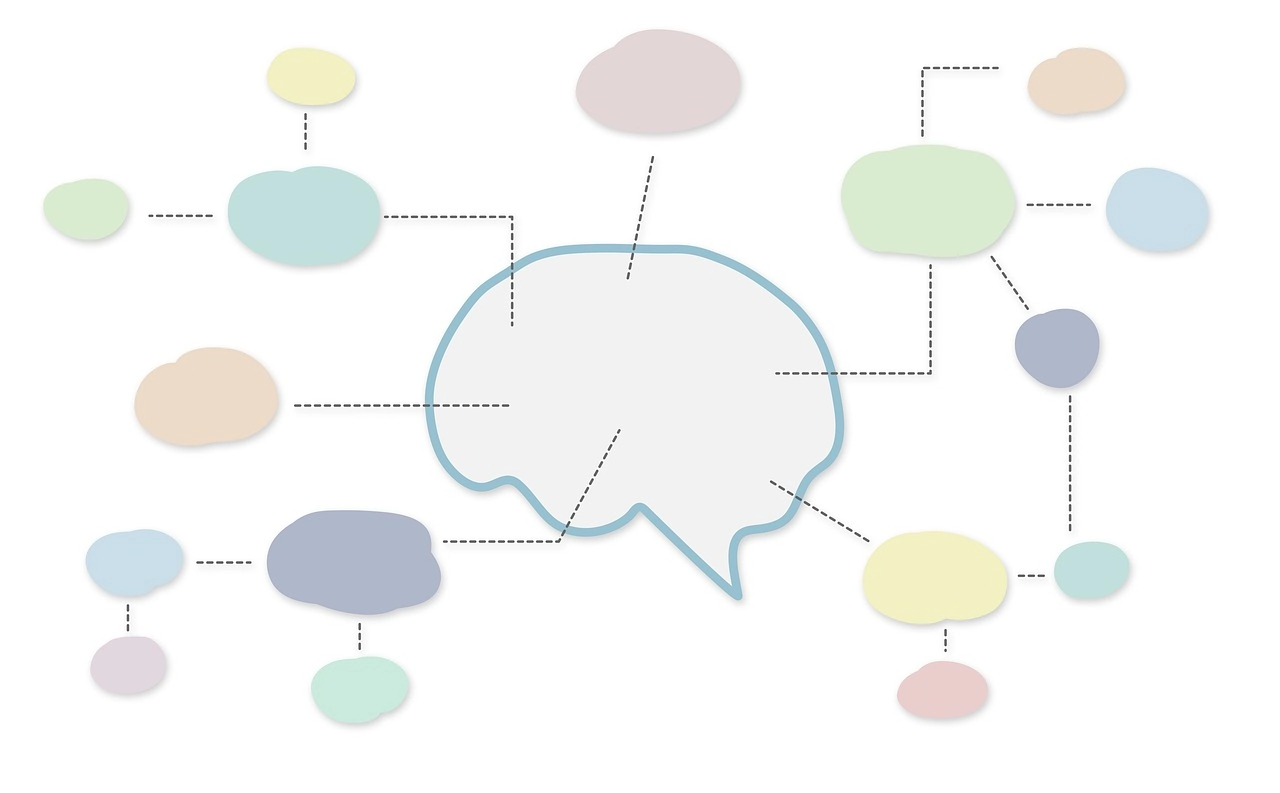Brain Training for Kids: 5 Best Tips in Parenting
Brain training, or cognitive training, is one of the top priorities in raising and educating children. If you are parents looking for useful tips to help your kids develop comprehensively, here are the 5 best tips for brain training.

Many parents may not fully get the concept and the role of brain training for kids. So what exactly is it? For easy understanding, it is a process of mental training that requires knowing, learning, and perceiving things to reinforce neural pathways. The most obvious effects of brain exercise are concentration increase, memory consolidation, and intellectual flexibility improvement.
Why is brain training for kids important? A simple answer for this is that every child needs to be mentally healthy. If parents take care of their children both physically and mentally, the kids can fully develop. Paying attention to brain training for children from early age also ensures that they have the right mindset and proper awareness of the world around them.
Therefore, do not indifferently ignore the necessity of cognitive practice for your children. Let’s pocket the following 5 tips in parenting to help improve your kids’ mental health.
Remember to download and install our most famous eLearning authoring tool for teachers and trainer first. It’s everything you need to create any type of content for brain training you want.

Tip #1: Form a Habit of Brain Training Targeted Physical Exercise
If you think physical exercise has nothing to do with brain development, you should change your mind now. An article published by The National Center for Biotechnology Information (NCBI) stated that: “There are clear indications that physical activity (PA) also has important effects on human brain health at any age. They have been included, for example, in the Physical Activity Guidelines for Americans, issued by the U.S. Department of Health and Human Services (HHS) in 2018”.
We all know the common pros of physical activity such as avoiding obesity, strengthening the musculoskeletal system, or enhancing the immune system. However, it also does play an important role in improving children’s mental health. With a lot of exercise, the brain metabolizes more. Oxygen is also supplied to the brain more. This helps children boost memory, increase concentration, reduce anxiety, and improve sleep quality.

So, what you need to do here is to form a habit of physical exercise for your kids. When it comes to brain training for kids, this is the very first step in the process. Try encouraging them to play sports, run or ride a bike. You can also come up with some simple coordination workouts like toe moving, non-dominant hand using, or reverse method manipulating. These small tricks can definitely help stimulate the kids’ intellectual system to work more comprehensively.
Tip #2: Encourage Active and Personalized Learning
This is another essential cognitive training tip for you. Instead of trying to force your kids to learn and cram knowledge, spark their curiosity!
You can make the learning process more engaging by taking them on field trips to a park, a zoo, a museum, or a library. Direct observation is always better than theory. You can also create discussions on any topics to encourage your children to think, make questions and explain opinions in their own words. And if they want to try some new hobbies like playing an instrument, just let them do it. As long as your kids feel enthusiastic, excited, and willing to learn, the purpose of the brain training process has been achieved.

Besides, let your children learn knowledge in their own way. Some children may use mind maps to connect ideas for deeper understanding. Others may use images or flashcards to easily remember and visualize things. A few like to give examples in the context to memorize the information longer. This personalized learning method will help your kids be active, be creative, and will definitely bring back good results.
Tip #3: Integrate Brain Training Games
We all know that too much information can make the children feel discouraged at some point. Then, that is the time for some entertaining activities.
Do not assume that playing games will spoil your kids. On the contrary, playing in a measured and controlled manner will have good effects on them. While playing games, children need to highly focus and rhythmically combine hands/ feet, ears, and eyes for reflexes. This no doubt helps boost the efficiency of cognitive training for kids as the brain has to operate at full capacity.
Let’s find the matching couples in the game below by clicking at each card to flip it
Card Flip Game sample by ActivePresenter
During the process of educating your child, try integrating some fun quizzes. If you are scared that your kids are too caught up in online and video games, why don’t you design your own game for them? It can be in the form of interacting games like Memory Game, Spot The Differences, Word Game, or Hidden Object Game. These are really good choices when parents and teachers seek entertaining yet helpful eLearning games to train brain for their kids. You can freely and easily create tests, quizzes, or games for your kids now thanks to useful platforms and apps like ActivePresenter, Kahoot, or Quizizz. Do not forget to reward your children if they win your challenge! It will be a huge motivation for them.
Tip #4: Turn Knowledge into Small Pieces, Rhymes, or Visuals
Instead of cramming knowledge into your kids’ heads, let’s try something easier to “swallow”.
You can split the information into smaller chunks, classify them into different sections and topics so the amount of knowledge is systematized and easier to absorb. This also helps develop children’s logical thinking and intellectual functioning.

Besides, using rhymes or visuals is another creative way to make the dry knowledge more appealing. Our brain tends to be more receptive to things with sounds and images. That is the reason why many people choose to learn languages via songs, films, and many engage Math to real-life images for better memorization. This brain training method requires the kids to make the most use of their senses and association.
Tip #5: Be a Friend, a Companion, and a Guide
Lastly but the most important, try to be a friend, a companion, and a guide. To help kids with fully developed brain training process, the parents’ role is the most important. Parents stay by the kids since they were small, watching them grow up until they can build their own life. A child’s growth depends significantly on how parents raise them. Therefore, you are also a part of cognitive training.
And, the tip here for you is to communicate, empathize and support as much as possible. That doesn’t mean you’ll be easy on the kids. Be strict when they do wrong, supportive when they stumble, and happy when they succeed. That’s how we parent.

But you can still be a friend. Let’s share with them your feelings, your stories, your experiences, and at the same time, listen to theirs, too. By this way, your kids will also be able to enhance their emotional intelligence. You can be a reliable companion who goes through all ups and downs with them in their life and still be there for them no matter what happens. You can also be a guide to show them all aspects of life as well as help your kids define themselves. In other words, you are the most important factor to make your children’s brain exercises effective.
Final Words
We can not deny that cognitive training influences the maturity of your kids. It is a long-term process that needs strategy and support from parents. If you have not paid attention to brain training for your kids, it’s time you should notice now. Hopefully, the 5 tips above can help you further in parenting and raising your child.
Want to know more useful advice and information in educating the children? Stay tuned for more Blogs on ActivePresenter. Have a nice day!
See more
3 Things to Consider When Choosing the Best Homeschooling Curriculum